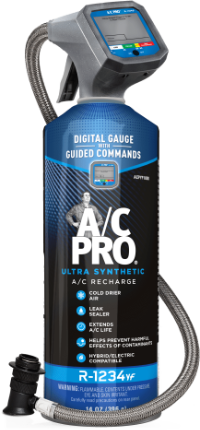Oil & Filter Change 2017 Ford F-150 Raptor 3.5L V6 Turbo Crew Cab Pickup
Ford F-150 Model Years - 2015, 2016, 2017, 2018, 2019, 2020
How to replace the oil filter and change oil in a 2017 F-150
Hans Angermeier is an ASE certified Maintenance and Light Repair Technician and has produced over 100,000 videos showing drivers how to fix things on their cars. He has broad expertise on basic repair procedures covering the majority of cars on the road. Over the past 10 years, Hans has been focused on building CarCareKiosk, which is visited by millions of drivers each month.
- Honda City helped make these videos
- Feedback
- Download Ford owners manuals
Learn how to change the oil and oil filter in your 2017 Ford F-150 with this free video. What type of oil is required in a F-150? You can use synthetic oil in any modern vehicle. Many vehicles will require the use of 100% synthetic oil, others allow synthetic blend, which is a mix of synthetic and conventional oil, and conventional oil too. The synthetic oil vs conventional oil debate has many proponents on both sides. Synthetic oil will not break down over time and tends to have longer change intervals, so if you want to have more time between oil changes, then synthetic oil is a good choice. Conventional oil works well for drivers who change their oil regularly and if it is approved for your F-150. The owners manual will indicate if your 2017 F-150 takes 0W-20, 0W-30, 5W-20, 5W-30 or 10W-30. This video shows the location of the oil drain plug, oil filter, oil fill cap and dipstick in addition to the steps needed to change the oil and filter in your F-150. For most Fords, you can wrap an old belt around the oil filter and unscrew it by hand. If you can't do this, see our parts page to find a Ford F-150 oil filter wrench. If your F-150 is too low to the ground to access your drain plug and oil filter, be sure to use jack stands and safe jacking procedures before getting under your F-150.
We recommend wearing safety glasses whenever you are working under your F-150. You never know what could be dripping down from the engine, battery acid, engine coolant, brake fluid, etc. All of these fluids are harmful to your eyes and skin so it is important to protect yourself.
- Advance Auto coupon for
20% off entire order: KIOSK20













 STOP AND SEAL LEAKS
STOP AND SEAL LEAKS EXTENDS A/C LIFE
EXTENDS A/C LIFE PROTECTS AGAINST A/C WEAR
PROTECTS AGAINST A/C WEAR